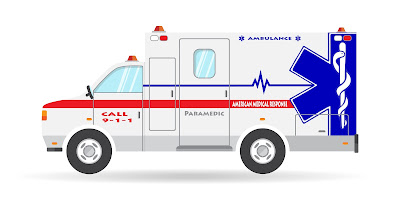 |
| Photo: Shutterstock |
But why are dental insurance and health insurance—and the professions of doctors and dentists—separate, when our teeth are so important to our general health?
The separation between dentistry and the rest of medicine starts from the fact that dental procedures were often performed by barbers. They would pull painful teeth and lance abscesses once they were done giving their clients a haircut or beard trim.
The dental profession didn’t really become a profession until 1840, when the first dental college in the world opened at the University of Maryland in Baltimore. Prior to that, Chapin Harris and Horace Hayden tried to get dental courses to be taught in medical schools, but the doctors believed that dentistry was more of a “mechanical challenge” than a medical issue and rejected their proposal.
Because of the “historic rebuff,” as it is known, medicine and dentistry became separate professions, and remain that way to this day, despite many efforts to make dentistry an essential part of the healthcare system and provide insurance for dental and medical procedures under public insurance programs.
Oddly enough, these days it’s dentists who want to stay separate from doctors. Part of it is about the marketplace, and part of it is about the fact that medical records and dental records have separate diagnostic codes and it would be difficult to get dental records integrated into medical ones. It’s also the reason why health insurance and dental insurance are separate entities.
It’s this divide that brings more than a million people each year to emergency rooms with dental pain. The doctors there can’t do anything but provide antibiotics and pain relief and encourage people to see their dentist to have the problem treated—and for that, it costs the system more than $1 billion a year.
This separation between dentistry and medicine is especially frustrating because dental problems can affect everything about us: our ability to meet our basic nutritional needs, our ability to maintain our overall health, and even our ability to get a job (missing teeth can be a real handicap when searching for employment).
The state of our teeth is also an easily visible status symbol. Wealthy people tend to have nice, straight, white “Hollywood smiles,” while the poorer among us may have crooked teeth, extensive tooth decay, or other dental problems. “Perfect teeth are a very clear way of signaling your wealth,” wrote Julie Beck in The Atlantic, “More clear than if everyone had access to good care and had decent teeth.”
What do you think? Should dental care and medical care be separate? Why or why not? Please share your thoughts in the comments.



